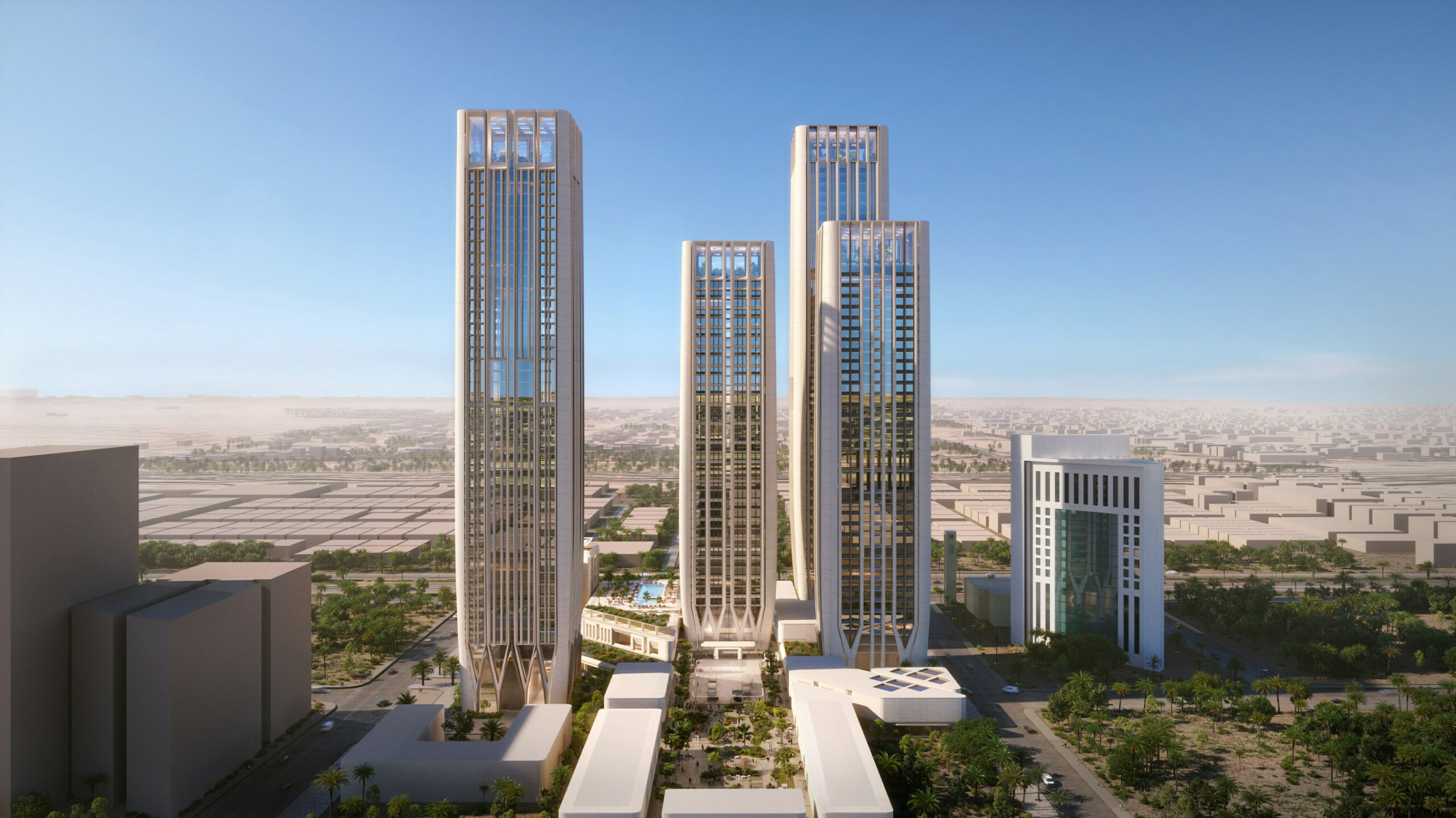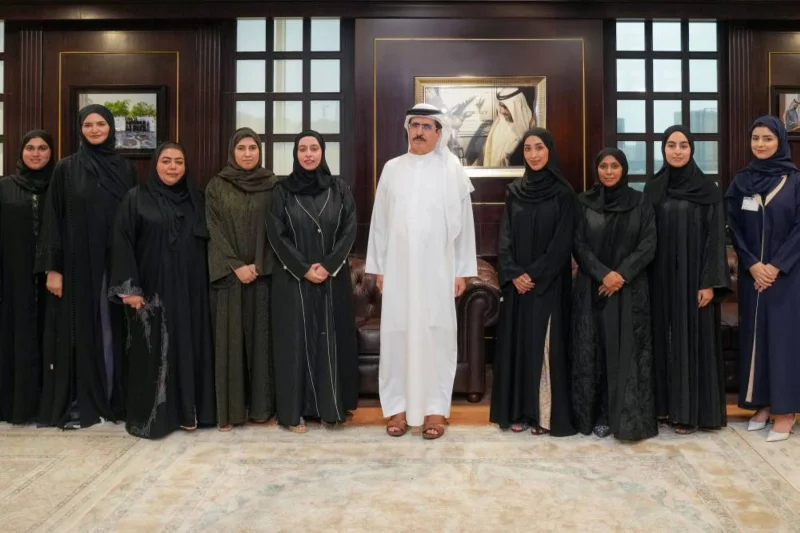There has been growing interest from international developers to launch projects in Saudi Arabia amid new reforms in the real estate sector, experts said.
Developers from the UAE and Egypt are looking at “new opportunities” in the kingdom, Ramzi Darwish, head of Savills in Saudi Arabia, said on the sidelines of Cityscape Global in Riyadh.
“We’re probably going to see a decent amount of regional developers come into Saudi [Arabia] and there’s already a lot of interest, whether people that we talk to at Cityscape, or whether people that we talk to outside the event and also from international developers to try and partner with Saudi landowners and developers,” he said.
UAE companies, including Aldar and Arada, have previously said they are keen to start new projects in Saudi Arabia, the Arab world’s largest economy. Arada, a joint venture between KBW Investments – a company controlled by Saudi Arabia’s Prince Khaled bin Alwaleed and Sharjah-based Basma Group – is in talks with the kingdom’s sovereign wealth fund, the Public Investment Fund, to start a “significant size, mixed use, residential project” in the kingdom, its group chief executive Ahmed Alkhoshaibi told The National in September.
Meanwhile, the Trump Organisation and London-listed Dar Global have also launched two towers in the kingdom. UK-based Cheval Collection is also planning up to seven projects in Saudi Arabia over the next three years as part of its expansion plans in the kingdom.
“Developers will now need to design and build residential schemes to meet the criteria for both Saudi nationals and expats, because it’s different,” Mr Darwish said. “The expats want different things from Saudi nationals. … the quality and how stock looks like in the phase beyond January will change.”
Saudi Arabia is focusing on diversifying its economy away from oil and has introduced reforms spanning different sectors to boost foreign investment. It announced two key reforms in the real estate this year. Those include allowing foreign residents to buy property in designated areas of Riyadh and Jeddah, with “special requirements” for home ownership in Makkah and Madinah.
In August, it also introduced new land tax of up to 10 per cent on undeveloped land to spur the development of property projects and boost housing supply. The changes apply to plots spanning 5,000 square metres, within the approved urban boundaries, Saudi Arabia’s Ministry of Municipalities and Housing said.
It also introduced fees of between 5 per cent to 10 per cent on long-term vacant buildings.
Room to grow
Developers expect property sales to jump from next year “and are excited about the new opportunity”, said Shaun Macnamara, executive director of sales at Roshn.
Roshn Group, a subsidiary of the PIF, is a multi-asset developer with a land bank of more than 200 million square metres across Saudi Arabia. It is developing projects in Riyadh, Jeddah, Makkah and Dhahran.
“The interest that we’ve already seen from premium residency holders shows that there is a very good appetite to … invest into Saudi Arabia,” Mr Macnamara said. “It’s a fantastic opportunity … what we are delivering to the market will be open to more buyers.”
Last year, Saudi Arabia introduced premium residency visas to attract skilled professionals and investors. The visas provide a variety of benefits, including the ability to conduct business, own real estate and obtain work permits for holders and family members.
Premium residency holders made up 5 per cent of Roshn’s total buyer profile last year, Mr Macnamara said, without disclosing total sales achieved by the company.
Thara, a debt crowd lending platform in Saudi Arabia, expects more opportunities to finance real estate projects in the kingdom as the market opens up. “We provided finance worth up to 57 million Saudi riyals [$15.2 million] to real estate developers in the last one year and we expect to reach 100 million riyals by the end of the year as many developers are looking to expand their business,” said sales manager Mansoor Alenezi. “There are many small developers who are looking to be big developers and are looking for finance.”
The company, which obtained a licence from the Saudi Central Bank, provides finance starting from one million riyals to 30 million riyals, which can be repaid in three years time. The platform connects individuals and institutional investors to fund real estate projects in the kingdom.




